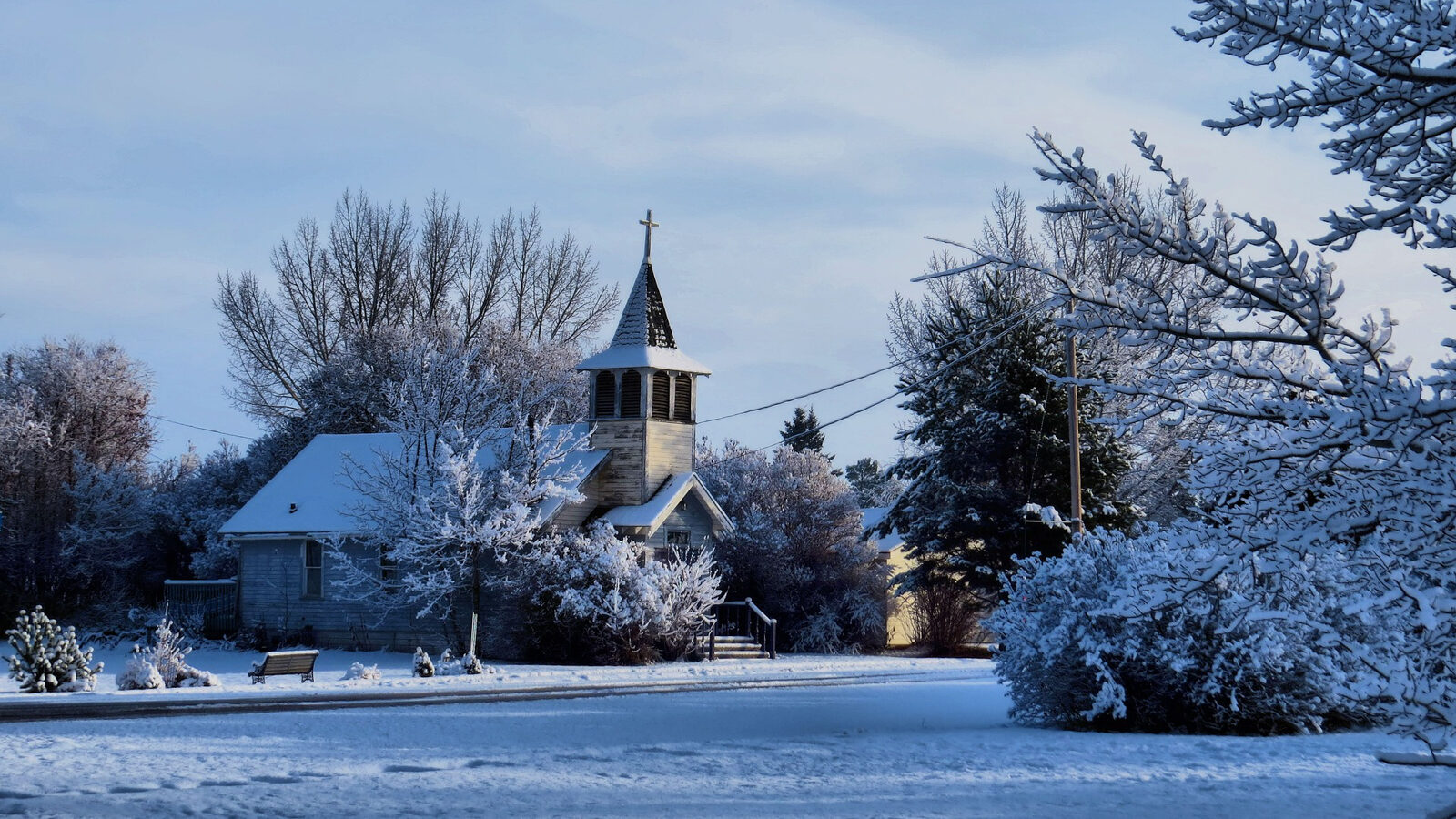I.
Deep into the mindcaves of January, the first month of the new millennium, Dick Remley was dying. In my despondency, I resorted to the church. I could see the boulder of grief composing itself in the distance, an avalanche collecting speed on a steep hill, and I found myself strapped to the ground below. The Ohio snow fell, relentlessly.
I was not Episcopalian, and I don’t think Dickie was either. But the Hillel House at the college wouldn’t open for another fourteen years, and all of the Jewish programming was on Friday nights, anyway (read this as: I had a boyfriend and a female fuck buddy, and we had a standing Friday night obligation). So there I sat on a Sunday morning, an unbelieving Jew, in a pew.
II.
To be raised Jewish is to inherit confidence and doubt. They are the double helix of Jewish DNA.
Young Jews are educated to believe we are chosen by virtue of our birth to partake in a covenant with God. As Isaiah 42:6 puts it, “I the Lord have called unto you in righteousness, and have taken hold of your hand, and submitted you as the people’s covenant, as a light unto the nations” (JPS 1917).
But we were also shown concentration camp videos in first grade. These were liberation videos, but I cannot say a single person was liberated. Mixed messages for a developing mind. We seem to have been chosen for a great many things.
III.
Friday night, late 1980s, at Shabbat with my parents’ wealthy East Coast congregation—the children, called to the bimah mid service, are given lollipops to distract us while the rabbi gives his derasha. The thick grape sugar will sit on my tongue all night.
One week, we are told a story of an illiterate man who comes to his rabbi frustrated because he cannot read the prayers. He can only say the first few letters of the Hebrew alphabet.
“Just repeat those,” the rabbi urges. “Say the letters out loud. God can hear you. He will understand.”
I wonder what the rabbi would have thought of trying out a different God.
IV.
I met Dickie in person for the first time, in Baltimore, the October before he died. He had a wide, white grin, and he was a blanket of kindness. We were online friends, of course—everyone was online friends back then—fans of the same musical. Dickie was a collector of odd friends, and I was an odd girl. I was nineteen, and he was forty-five.
The musical that we all feel for, The Last Session, is about a singer-songwriter dying of AIDS. The Rent generation had adopted the show and its more accessible (read this as living) composer. A community sprung up, and we were a part of that.
The trip to Baltimore was the first one I’d ever taken on my own. We were there to see a production of the show, but we were also there to break bread together, to stay up all night and laugh in the same room. I saw myself as a child, the way my parents saw me, the way my professors saw me.
Dickie, he saw a soul, and he fed me love words.
V.
What do I remember about the Harcourt Parish Episcopal Church? The drafty wind eating me alive. The thick tome of unfamiliar psalm. I remember it being dark, and why would it have been dark? When I am older and married, we’ll collect stained glass lamps that remind me of prayer.
What did I bargain out? What did I offer? I had nothing to give. No loyalty, no obedience. I couldn’t even do my laundry. I still can’t.
I asked that my friend be spared.
I asked for the same thing everyone asks for. But underneath was a more sinister plea. I asked that I be spared the tsunami, the derailment—the grief, yes, and also the seismic disruption. I did not know who I was, and I could not find out, not if Dick Remley was going to die. If he was going to die, I was going to spend more time with winter.
VI.
I will later date an obedient Christian man, and I will feel sorry for him, because I understand by now that nothing is real.
VII.
Dickie died on January 25. By then, he had begged for death, made peace with the idea of no longer being alive. Several times before he left, he asked his lover to look around and see the room full of dead friends who were waiting for him to come home.
VIII.
I still grapple with why it all mattered so, the death of a man I barely knew and my asking God that he be kept alive against his own wishes. I am haunted.
I can still feel the midwestern wind, separate and apart from the snow that followed me all winter. The walk from my dorm was unforgiving, as if I had done something to deserve that. The thick snow spilled into my boots.
The cavernous church.
Did I go alone? I was alone.
I was a child.
Four months later, I forever left the school with the useless church. I careened into adulthood the way a toddler pitches himself into the fresh snow.
